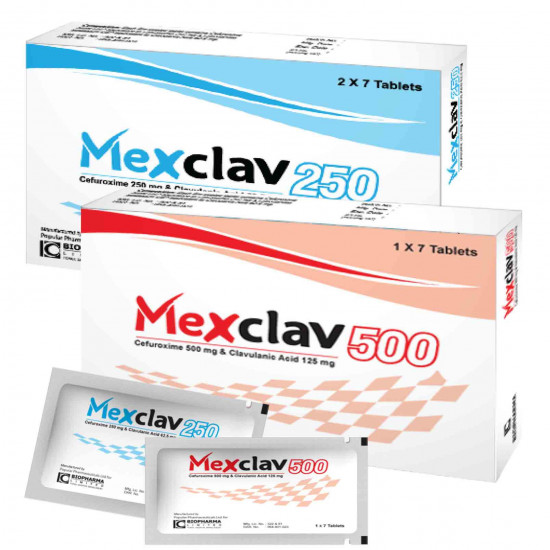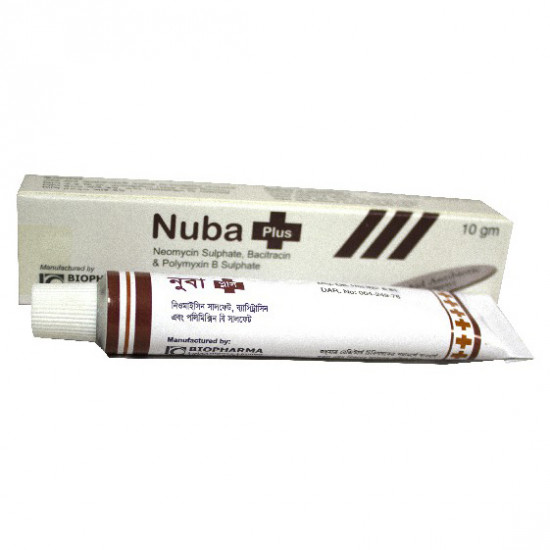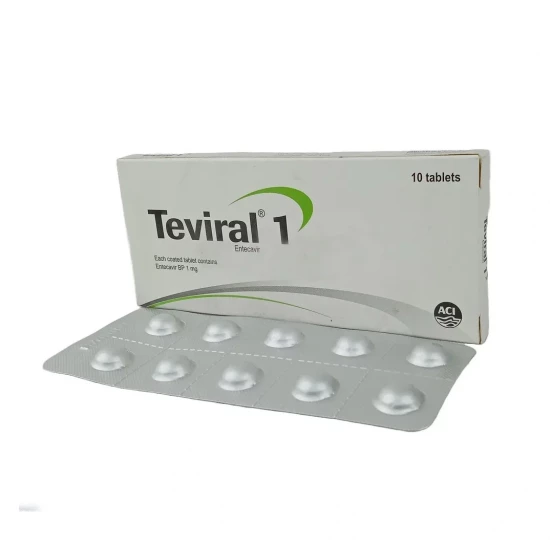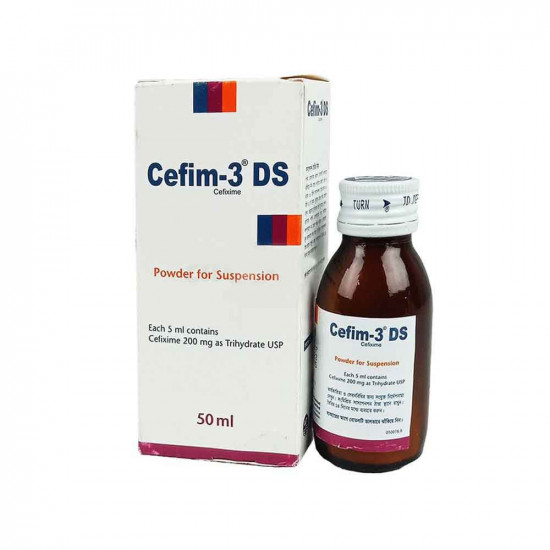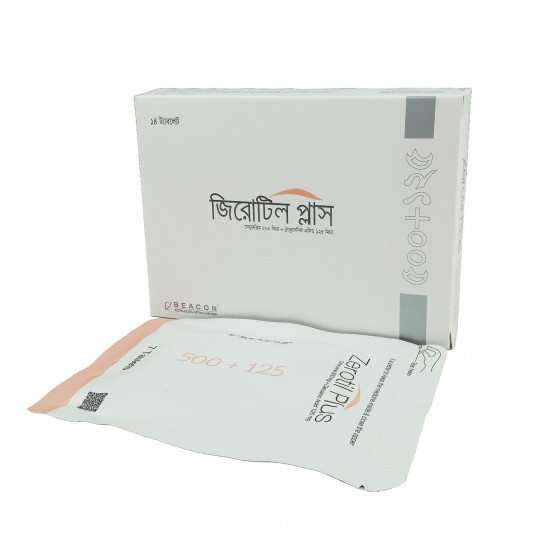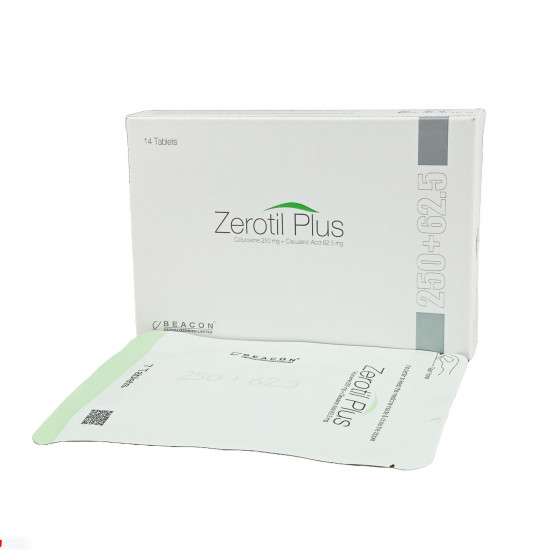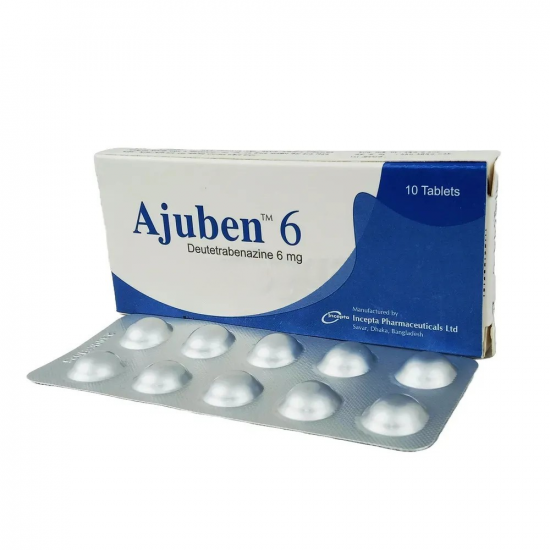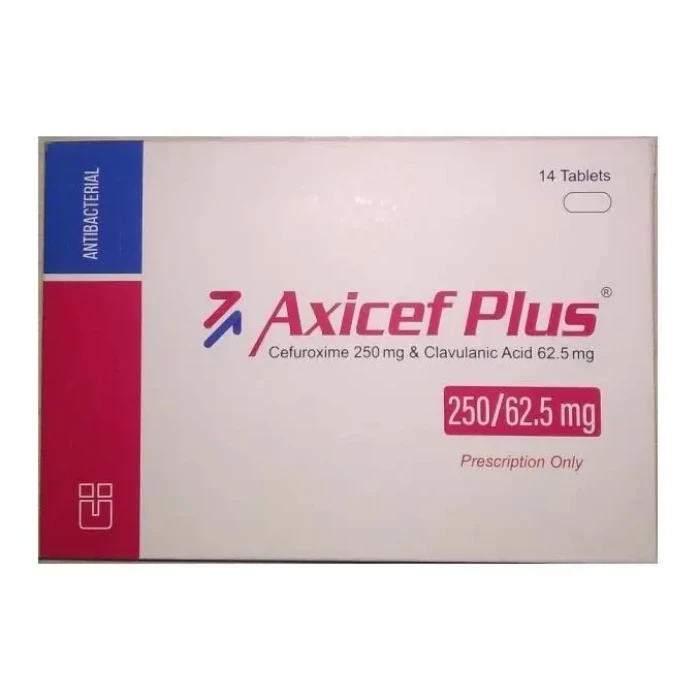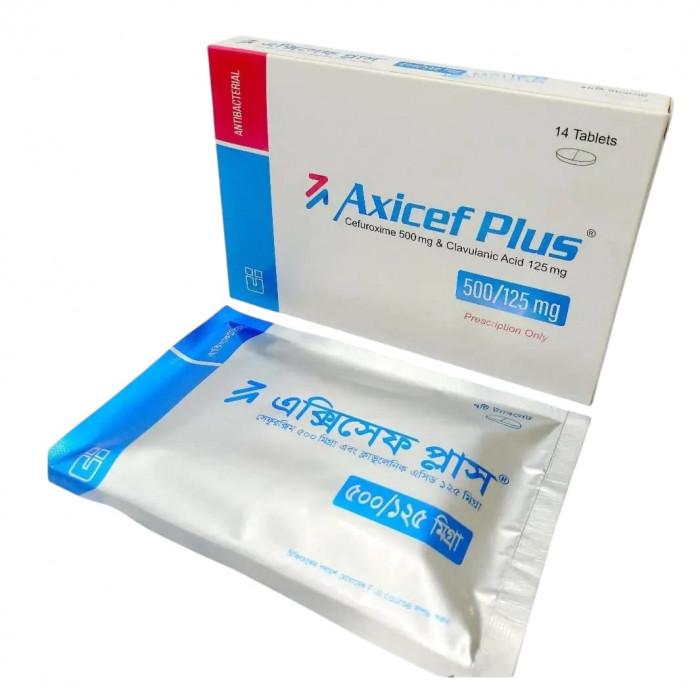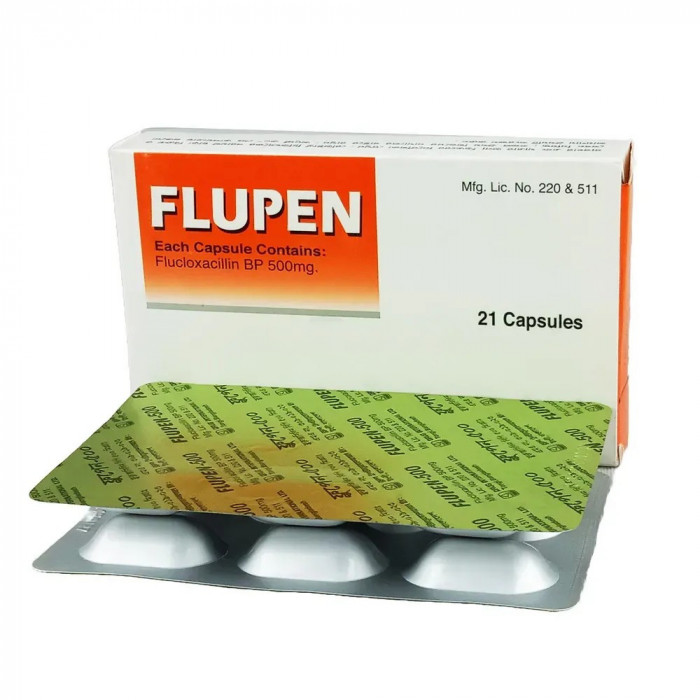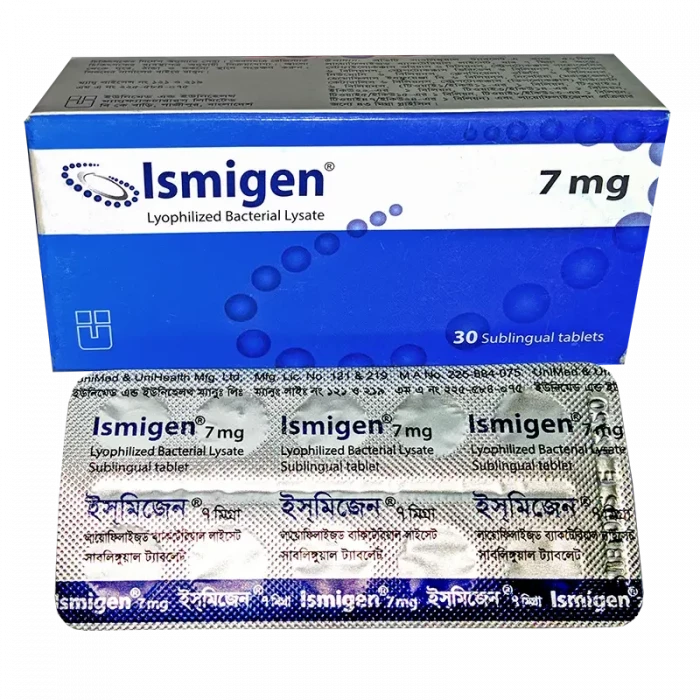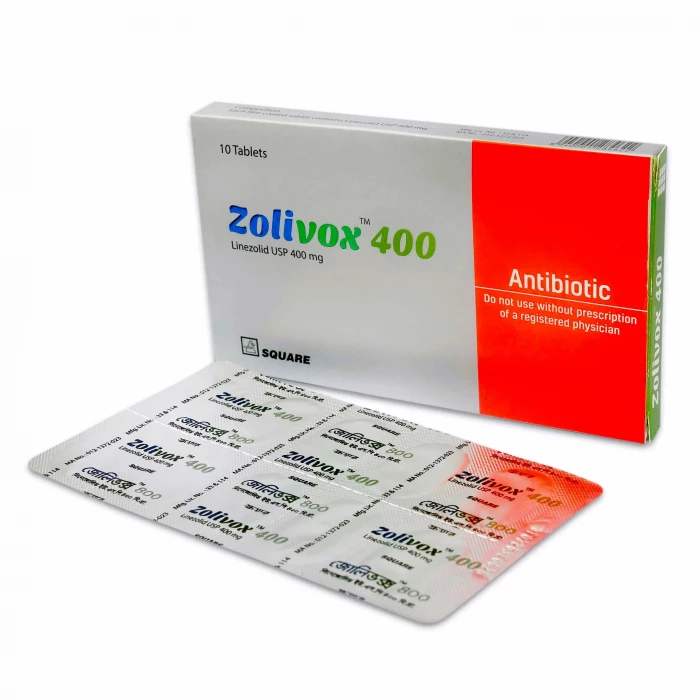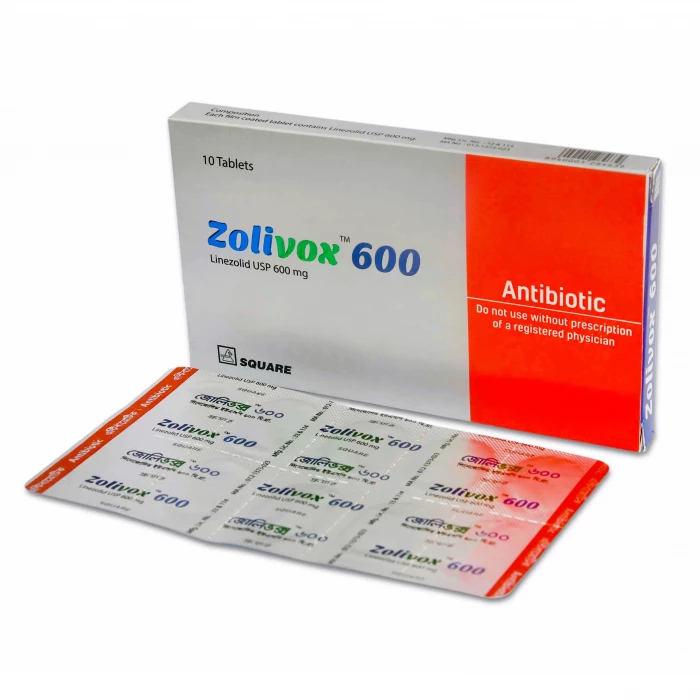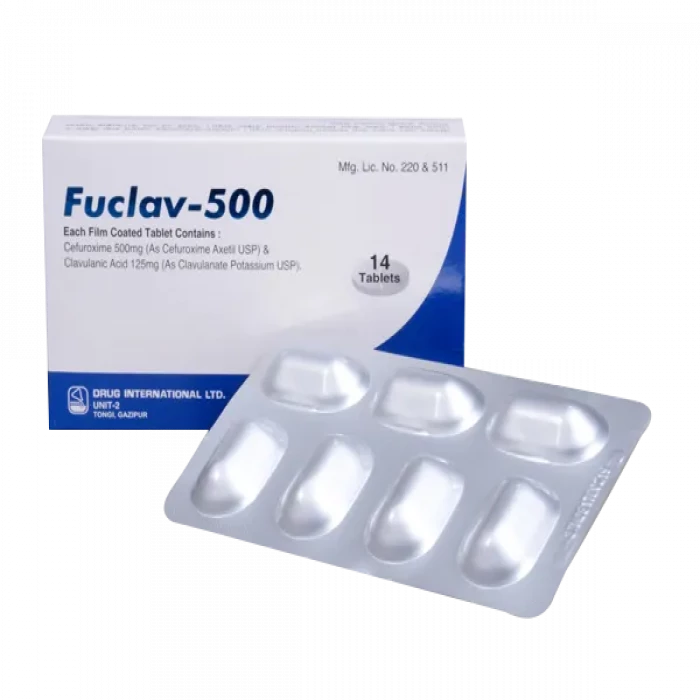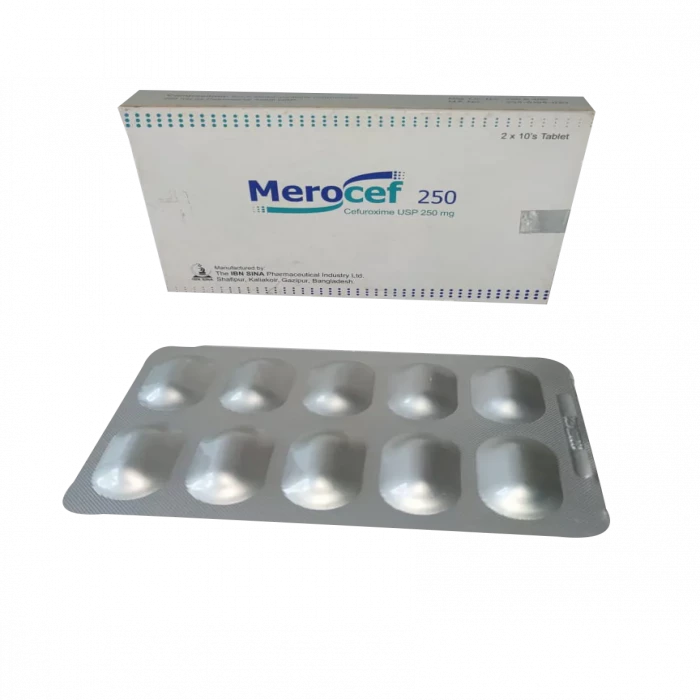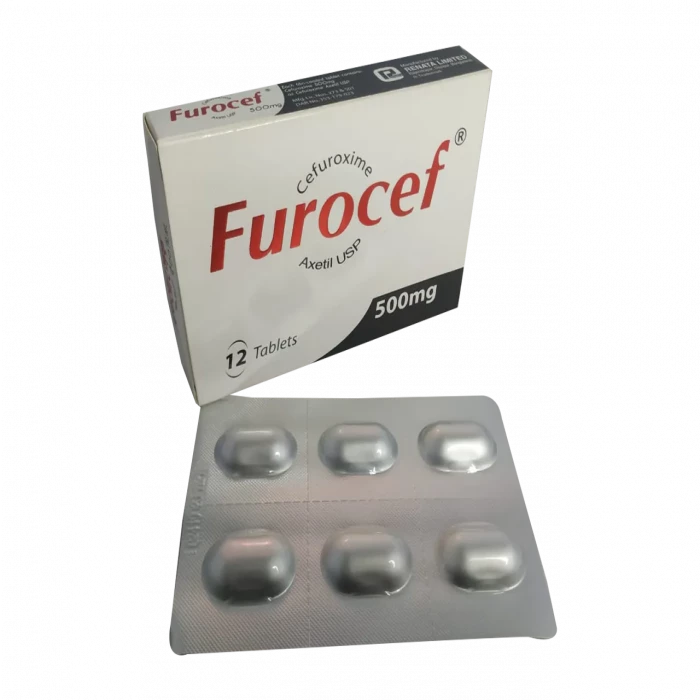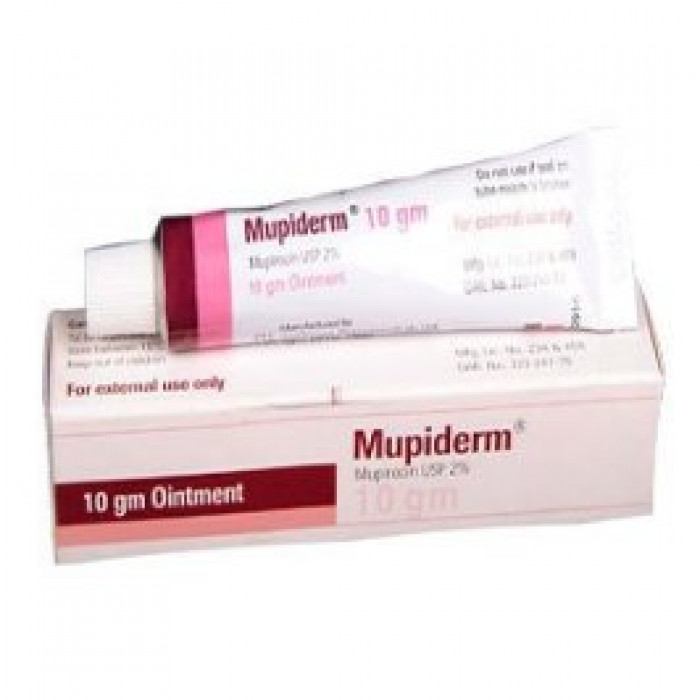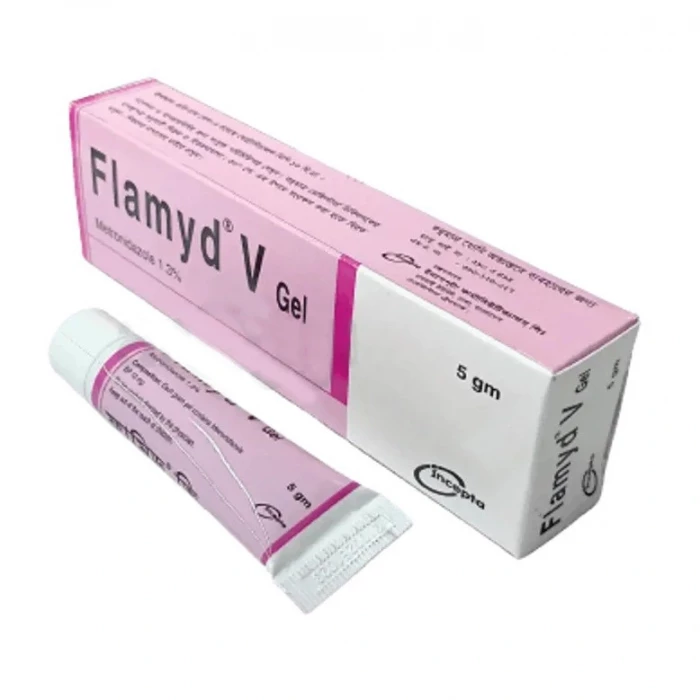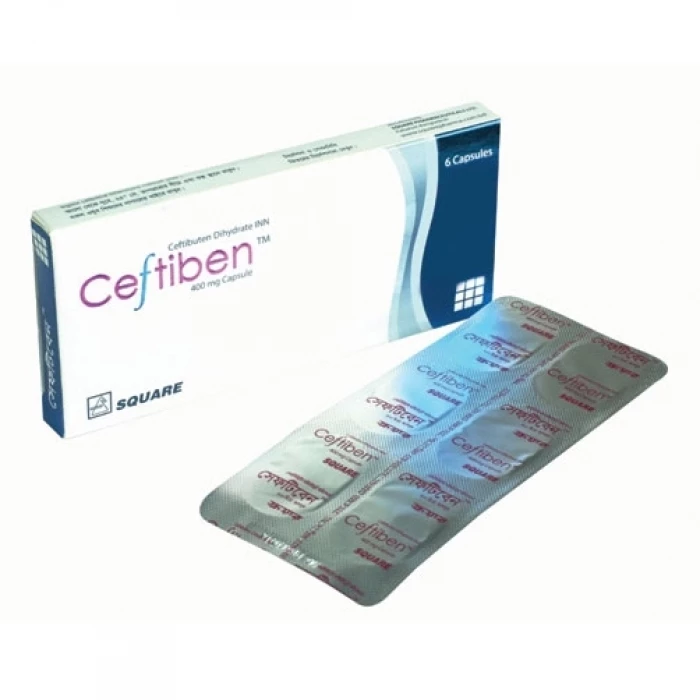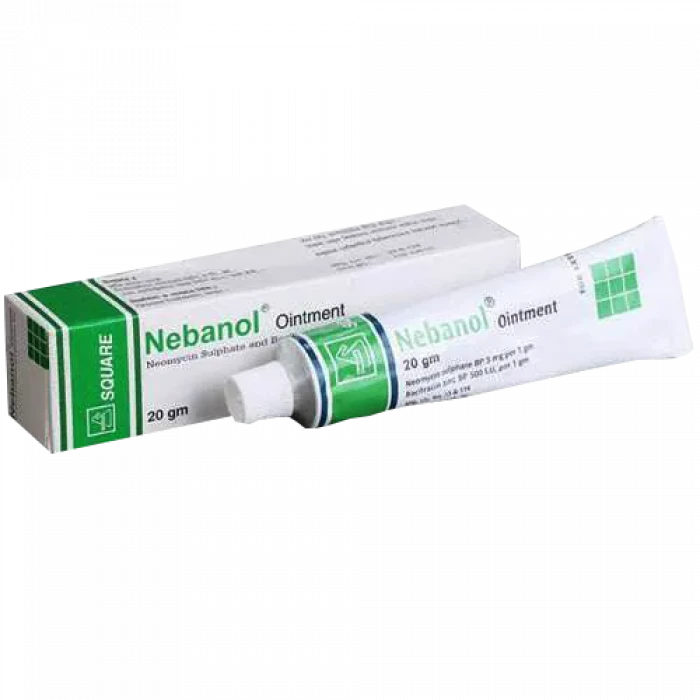
✔ 100% Authentic Product
👁️ Currently Viewing 6753
Nebanol Ointment 20gm
Nebanol Ointment is recommended for the treatment of bacterial skin infections. This works especially well for atopic dermatitis, contact stains, infections, neurodermatitis, eczema, and anogenital pruritus. Additionally, it may be helpful as an adjunct during specific systemic antibiotic therapy for certain pyodermas, such as impetigo.
Discount
Price: ৳ 42
MRP:
৳
44.2
5%
Off
✅ Description:
Nebanol Ointment is an antibiotic that is used topically. It's used to treat and prevent superficial bacterial skin infections such as cuts, scratches, mild burns, traumas, wounds, and wound sutures. The active ingredients of Nebanol Ointment include (Bacitracin Zinc 500IU/gm + Neomycin Sulphate Ointment 0.5%). This medication is solely intended for external use. Do not consume it. Use this medication precisely as directed by your doctor. Do not use more ointment or apply it more frequently than recommended. Inform your doctor if you are pregnant or nursing, or if you have any other skin disorders before taking Nebanol Ointment. This medication is not advised for use in neonates or babies (children under the age of two).
Safety Advices

Alcohol
No interaction found/established

Pregnancy
CONSULT YOUR DOCTOR
Nebanol Ointment is not recommended for use in pregnant women. Consult your doctor before using.

Breastfeeding
CONSULT YOUR DOCTOR
Nebanol Oinment is not recommended for use in breastfeeding women. Consult your doctor before using.

Driving
No interaction found/established

Kidney
No interaction found/established

Liver
No interaction found/established
✔️ Uses of Nebanol Ointment
- Bacterial skin infections
✔️ How does Nebanol Ointment work?
Nebanol Ointment contains two active components: Bacitracin, and Neomycin. These antibiotics work together to prevent bacterial growth by targeting different aspects of bacterial cell function.
Bacitracin inhibits the synthesis of peptidoglycan, a component of the bacterial cell wall. By interfering with the peptidoglycan chain, bacitracin disrupts the formation of a strong and intact cell wall, which is necessary for bacterial growth and survival.
Neomycin binds to specific bacterial proteins and interferes with their function. This disruption of protein synthesis leads to the production of defective cell membranes, ultimately inhibiting bacterial growth.
Nebanol Ointment interferes with the structure and function of cell membranes in bacteria.
✔️ Side Effects of Nebanol Ointment
- Skin redness
- Application site reactions
- Scaling of skin
✔️ Quick Suggestions:
- Nebanol Ointment helps treat bacterial skin infections.
- Use it once or twice daily, or as advised by your doctor. Treatment should be continued until at least two days after the condition has resolved.
- Do not apply it to broken skin and take care to avoid getting it in your eyes, nose, or mouth.
- Do not cover the area being treated with airtight dressings such as bandages unless directed by a doctor, as this may increase the risk of side effects.
- It may cause temporary burning, itching, or redness at the application site. This is usually mild. Consult your doctor if you experience a more severe reaction.
- Do not use it more often or for longer than advised by your doctor. Inform your doctor if your skin problem does not improve even after seven days of treatment.
✔️ Indication of Nebanol Ointment
It is used:
- For prophylaxis in graft donor sites, the suturing of lacerations, accidental cuts, scratches and abrasions
- To treat infected ulcers, accidental cuts, scratches, abrasions and superficial skin infections following surgical procedures and minor burns, impetigo and secondarily infected skin conditions
- To treat susceptible bacterial infections of the eye and its adnexa, including conjunctivitis, keratitis, infected corneal ulcer, ulcerative blepharitis with associated conjunctivitis, and chronic dacryocystitis
- For pre and post operatively to prevent ocular infection following surgical procedures, including removal of foreign bodies from the eye
✔️ Pharmacology
Bacitracin inhibits bacterial cell wall synthesis and is active against many gram-positive bacteria (e.g. staphylococci, streptococci, corynebacteria, and Clostridia) and some gram-negative species (e.g. Neisseria and Haemophilus influenza). They are often found in combinations in topical preparations as broad-spectrum antibacterial agents. Neomycin, an aminoglycoside with an antimicrobial spectrum similar to gentamicin, binds to the 30S subunits of the bacterial ribosome, inhibiting protein synthesis and thereby disrupting DNA synthesis. It is active against many gram-negative aerobes and against some strains of staphylococci.
✔️ Dosage & Administration of Nebanol Ointment
The dosing instructions for Nebanol Ointment are as follows:
Adults:
- Topical Cream: Apply the cream three times a day.
Children:
- Topical Cream: Apply the cream three times a day.
Apply Nebanol Ointment as directed by your physician. It is for topical use only. Apply a thin layer of this medicine to the affected area. Rub gently on the affected area. Wash your hands before and after applying Nebanol Ointment.
✔️ Interaction
Bacitracin Zinc: When used with other nephrotoxic drugs, there is an increased risk of nephrotoxicity (toxicity to the kidneys). It may also enhance the action of neuromuscular-blocking agents.
Neomycin Sulphate: When used with other aminoglycosides (such as paromomycin), bacitracin, cisplatin, vancomycin, amphotericin B, polymyxin B, colistin, and viomycin, there is an additive nephrotoxic and neurotoxic effect (toxicity to the kidneys and nerves). There is enhanced toxicity when used with potent diuretics (such as ethacrynic acid and furosemide). Neomycin sulfate may impair the absorption of other drugs like phenoxymethylpenicillin, digoxin, methotrexate, and certain vitamins. It may reduce the efficacy of oral contraceptives (birth control pills). Neomycin sulfate may enhance the effect of acarbose, a medication used to treat diabetes. It may also enhance the effect of non-depolarizing muscle relaxants. Neomycin sulfate may antagonize the parasympathomimetic effect of neostigmine and pyridostigmine. There is an increased risk of hypocalcemia (low calcium levels) in patients receiving bisphosphonates. It may alter the International Normalized Ratio (INR) when given with anticoagulants. Lastly, neomycin sulfate may inactivate the oral typhoid vaccine, reducing its effectiveness.
✔️ Contraindications
Nebanol Ointment should not be used if you have a known hypersensitivity to aminoglycosides, as it may cause an allergic reaction. It is also contraindicated in individuals with pre-existing nerve deafness. Additionally, Nebanol Ointment is not recommended for use in neonates (newborns) and infants under 2 years of age.
✔️ Pregnancy & Lactation
The safe use of this preparation during pregnancy & lactation has not been established. Therefore it should be used during pregnancy only if the potential benefit justifies the potential risk to the fetus.
✔️ Precautions & Warnings
Before using Nebanol Ointment, it is important to inform your doctor if you have viral or fungal skin infections, chronic ear infections, or a ruptured eardrum. These conditions may require special consideration or alternative treatment approaches.
Avoid applying Nebanol Ointment on sunburns, lesions, blisters, or open wounds unless specifically directed by your doctor. Using the ointment on these types of skin conditions may cause further irritation or delay the natural healing process.
After applying Nebanol Ointment, it is recommended not to wash the treated areas for at least 3 hours. This allows the ointment to properly adhere to the skin and provide its intended effect.
If you are planning to become pregnant, are already pregnant, or are a lactating mother, it is important to discuss this with your doctor before using Nebanol Ointment. They can assess the potential risks and benefits in your specific situation and provide appropriate guidance.
Nebanol Ointment is generally safe for use in children 2+, but it is advisable to seek a doctor's advice before using it on children. The doctor can determine the appropriate usage and ensure the safety and effectiveness of the ointment in pediatric patients.
Always follow your doctor's instructions and the provided product label when using Nebanol Ointment to ensure safe and effective use.
✔️ Storage Conditions
Keep all medicines out of reach of children. Store in a cool and dry place, protected from light.
⚠️Disclaimer:
At ePharma, we’re committed to providing accurate and accessible health information. However, all content is intended for informational purposes only and should not replace medical advice from a qualified physician. Please consult your healthcare provider for personalized guidance. We aim to support, not substitute, the doctor-patient relationship.




